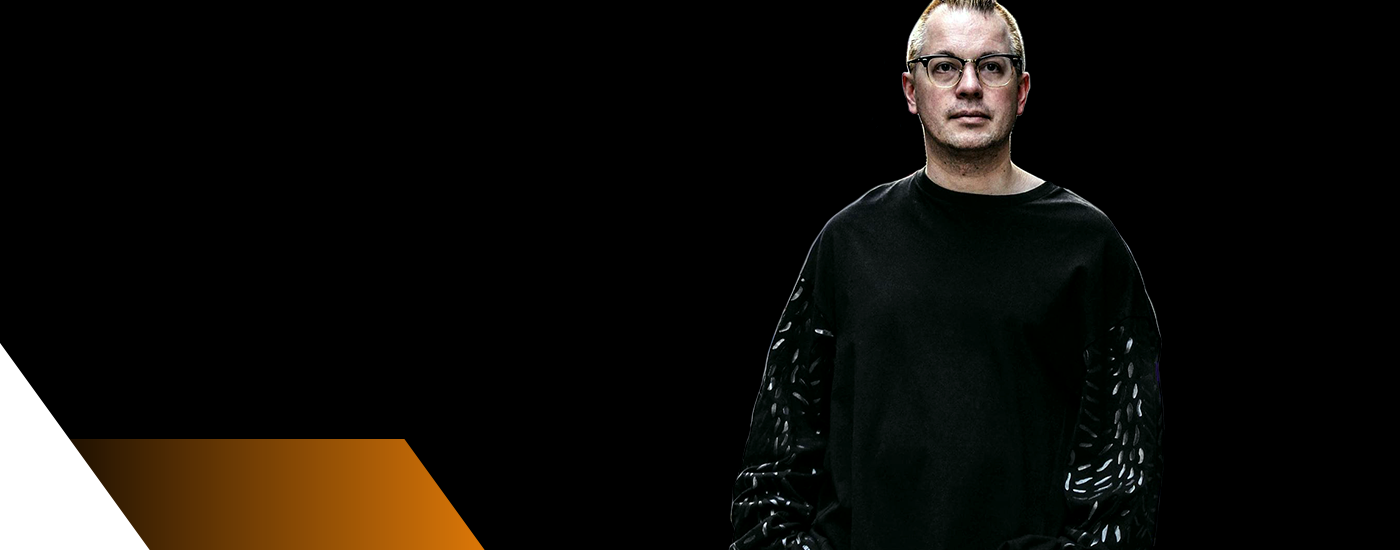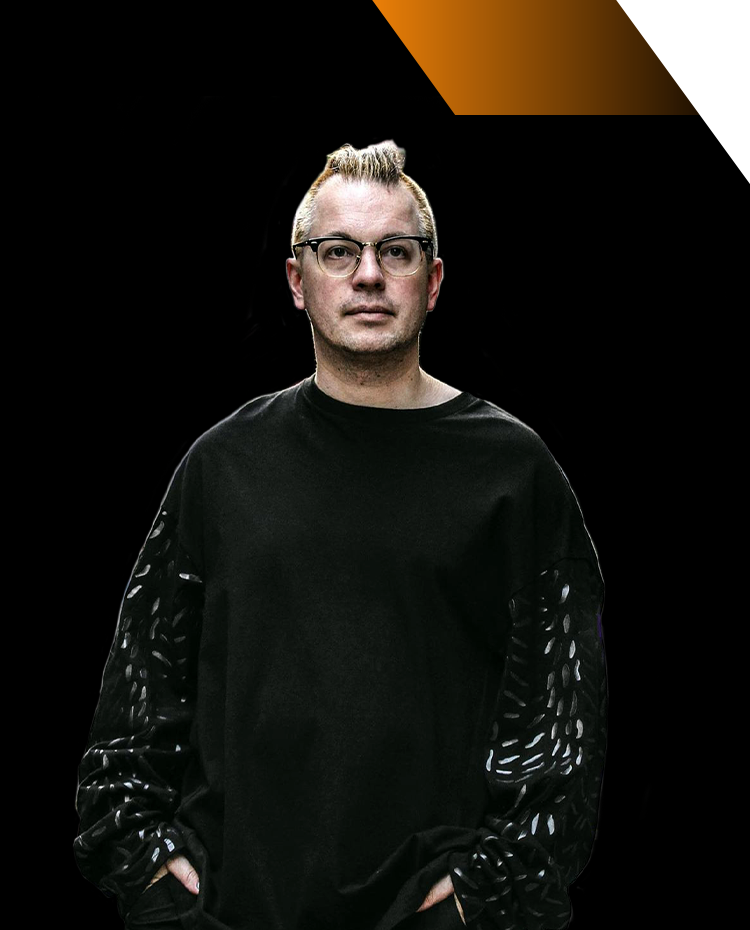It’s time for the second episode of our video series “tattoo safety”. This time we want to talk about a very special country, when it comes to tattoo regulations – Japan.
Why is Japan so special? There are many prejudices regarding Japanese tattoo art, which commenced decades ago. There is a strong link between tattoos and illegal activities of organized crime gangs, which builds a negative perception of tattoos in the society. Even tattooed tourists are not really welcome in a lot of public places in Japan.
For years, tattooing in Japan has been in a legal gray zone. Tattooing is legally classified as a medical procedure, since the tattoo needle pierces the skin. Which means, tattooing can only be legally performed by professionals with a medical license. The government doesn’t issue tattooing licenses, so a tattoo artist needs to be a fully-qualified doctor. Most of the tattoo artist see tattooing as art and not a medical practice, that’s why they keep working without a license and fighting for their rights.
TATTOO HYGIENE REGULATIONS IN JAPAN
As the tattoo industry in Japan is semi-legal and unregulated, we can’t speak about some specific health and safety standards. So, it’s up to the tattoo artist how to protect themselves and their clients and how they want to provide a hygienic environment for their work. What Hori Benny suggests for tattoo artists in Japan, is to have a look at the strictest regulations in other countries and use these as a basis for your own hygiene guidelines. It’s better to meet high standards on your own, before the government sets even higher ones.
In this video, Hori mostly explains, why Cheyenne is the best tattoo equipment, when it comes to protecting the tattoo artist and their client.
The following topics are covered in detail:
- Setting up the equipment: Covering the machine and the grip
- Cheyenne cartridge system: The role of the Safety Membrane and other advantages
- Autoclaving: Why it is very important


